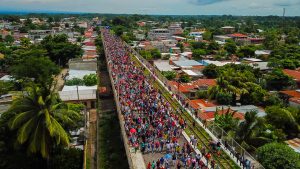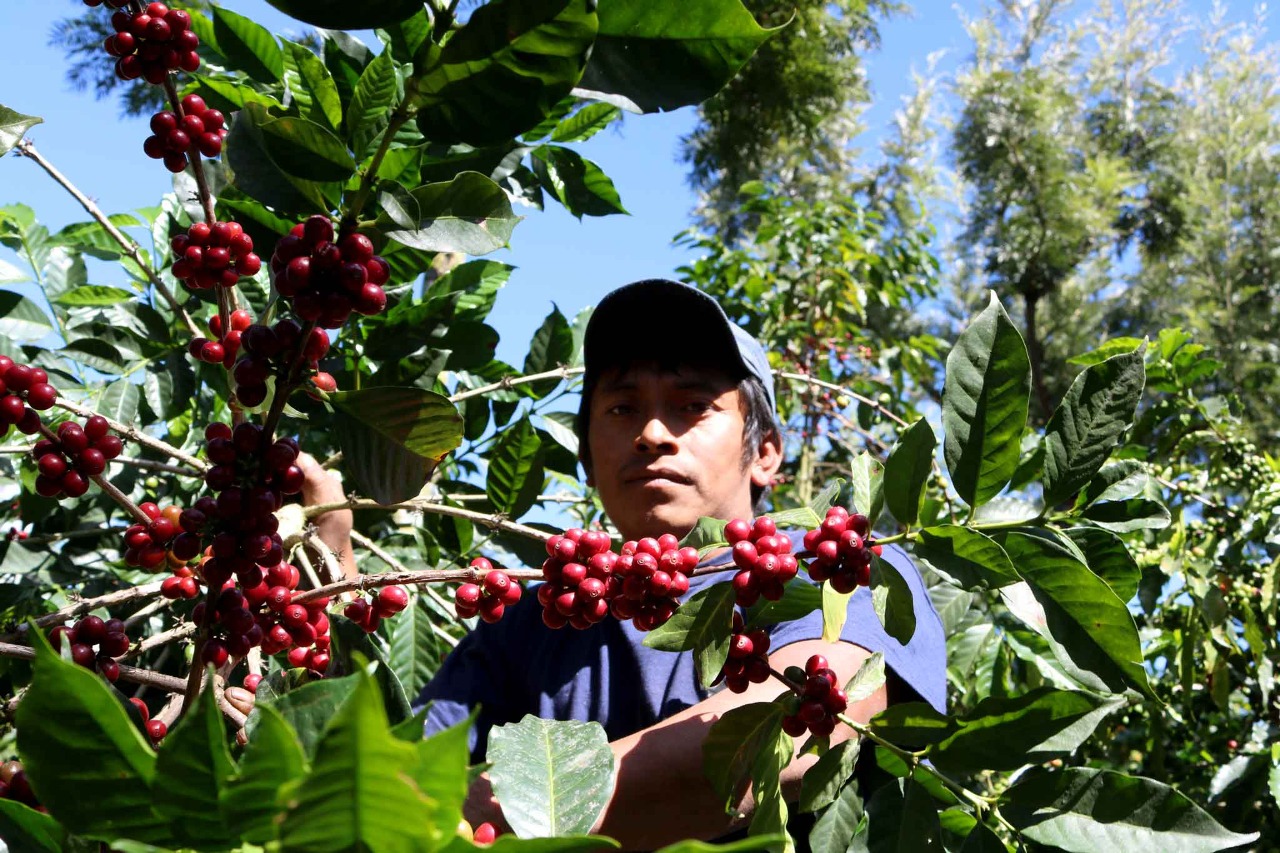Rural development against migration
“With you I want to visit all the coffee shops in the world.” “What would my mornings be without the” good morning “from my crush and without you?” Coffee is, without a doubt, the drink that unleashes the most passions in the world. For this reason, and to pay tribute to all the producers of the world, on October 1st, the International Coffee Day is celebrated.
But far from those passions and declarations of love for this drink, it should be noted how important it is for the countries of the region, which base part of their economies on the cultivation and export of coffee seeds.
For example, according to the study “Importance of the commercialization of coffee in Mexico“, in this country there are about 504 thousand coffee producers and 3 million families are involved in the productive chain, which generates a profit of more than US $ 900 million in exports to the North American country. In Guatemala, for its part, coffee generates US $ 627 million in annual profits, and employs some 125 thousand families throughout the country.
In Central America and the Dominican Republic, about 11% of the coffee exported worldwide is produced, and approximately 5 million people depend directly on coffee production in the region.
Despite all this, in Honduras, El Salvador and Guatemala, small producers and peasants have had to migrate to Mexico, the United States (mainly) and Canada, because international coffee prices are extremely low. Since October 2018, large migrant caravans have left those countries, made up of small coffee producers, in search of better opportunities in the north of the continent.
Rural development as a possible solution?

Analysts consider that poverty and lack of employment are determining factors for the formation of migrant caravans.
In 2018, Guatemala hosted the First Community Tourism Meeting, in which the authorities were urged to focus on efforts to strengthen rural and community development programs, such as tourism.
“Community tourism promotes inclusion and dialogue in the communities”, which can be translated “into equitable development for the different sectors of the communities,” said Camilo Alvarado of the Global Tourism Network (Travolution).
Although there are some success stories, such as what happens with San Cristóbal El Alto, in central Guatemala, there are no specific plans by local and national governments that promote the development of these activities. There are, of course, some organizations that help producers, both in Mexico and in the Central American country, to work in more dignified conditions.
Unión Majomut, is an association that operates in Chiapas, in southern Mexico, and that brings together about one thousand families of coffee producers from 35 indigenous communities, from the Tsotzil and Tseltal ethnic groups.
Through practices that seek to strengthen the food security of the people with whom they work, they have managed to generate an annual production of 400 tons of coffee, which allows the income necessary for the sustenance of the producer families that comprise it.
Similarly, the organization has achieved the creation and operation of the Farmer’s Microbank, a rural financial institution with a solidarity economy, where its members have the ability to acquire a loan or credit for the acquisition of land for planting, the creation of a small business, or for a savings account.
While in Guatemala, FUNCAFE works around 3 axes: education, health, and food and nutritional security. In education, they have created “Nurseries and coffee camps”, where coffee growers can register their sons and daughters to receive education and personalized attention, while they dedicate themselves to work. These places have served as a model for the prevention of child labor.
In health, they have carried out health care campaigns in rural communities where there are coffee farms, as well as the installation of clinics. They have treated 36,979 patients, with various medical conditions. Finally, in food and nutritional safety, FUNCAFE has trained and supported 465 people in healthy and recommended practices on food handling and handling, food production and diversification, and nutritional programs.
Initiatives like these should be the alternative to reduce the number of people who decide to leave their towns. However, the governments of the region have placed little emphasis on generating development opportunities in rural areas, which will generate more mobilization in search of economic opportunities for the benefit of their families.
